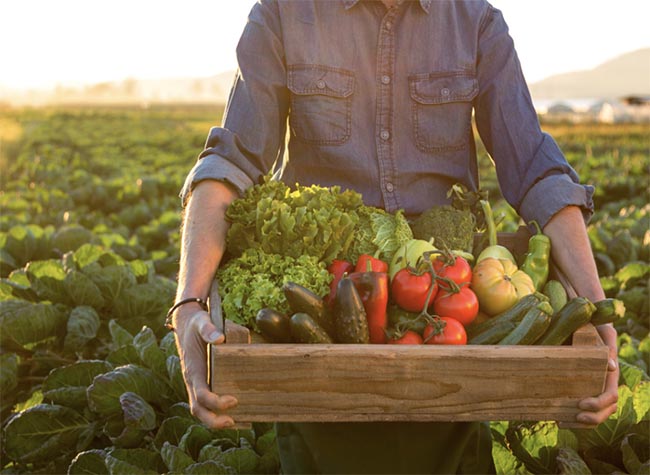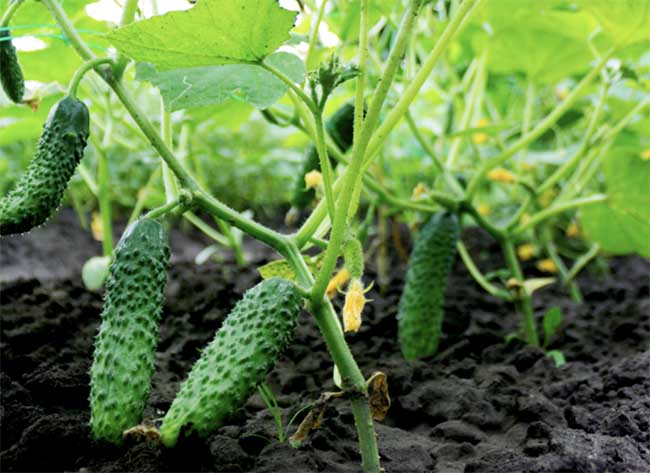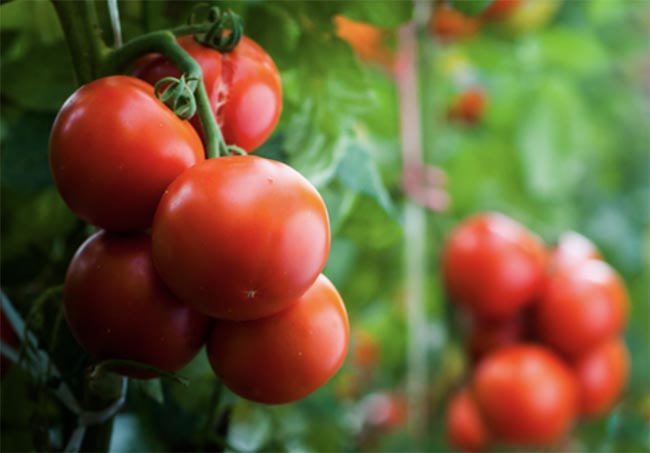
5 Reasons Farmers Make the Transition from Animal-based to Plant-based Agriculture
Farmers worldwide have begun to shift away from raising cattle and toward crop cultivation to accommodate the increasing market for plant-based milk and meat substitutes made from peas and other plant ingredients.
In place of animal agriculture, they are switching to the production of crops like oats, peas, soybeans, and other plants that will be necessary to meet this consumer demand.
By 2025, it is anticipated that the global market for plant-based meat, non-dairy milk and cheeses, and other well-liked vegan products will reach $22 billion, challenging the major meat and dairy sectors globally. According to other sources, the rise in popularity of plant-based milk may be directly responsible for the drop in cow’s milk consumption.
Apart from intervention by animal rights and reduced financial returns in the animal farming sector, there are more reasons why farmers are now opting to practice plant-based agriculture.
Animal rights
Animal rights are ethical principles that are based on the belief that animals (non-humans) should be allowed to live without interference from human needs. Animal rights are centered on autonomy, which is a synonym for choice.
Animals cannot be eaten alive; they must be killed for food. Animal rights protect animals from inhumane treatment and slaughter. As more people become sensitised about animal rights, consumers are turning to veganism, and farmers are transitioning into plant-based farming. All these are dwindling the supply and demand of animal-based products.
Poor financial returns in the animal sector
Farm revenues have decreased dramatically during the last five years. The hardest-hit producers are dairy farmers. Cow’s milk is considerably cheaper than it costs to produce, making legislators and farmers alike to turn to subsidies frequently.
The majority of economists concur that subsidies won’t help with the issue, particularly as more and more people choose plant-based products. The sector for plant-based milk is predicted to grow tremendously, yet there is already a supply shortage.
Dairy producers can carry on raising dairy products, just not using animals as a source of protein. The cows win, the environment wins, and the dairy farmers benefit, making this the ideal trifecta.
Consumer Pressure
Plant-based food market size is being driven by rising customer demand. Plant-based foods are becoming more widely available, and more mainstream customers are purchasing them.
From start-ups to well-known corporations to the biggest meat producers in the world, food producers are developing quickly in the plant-based sector. In addition, modern plant-based meat, egg, and dairy products are becoming more and more comparable to animal products in terms of flavor, cost, and availability.
Foods originating from plants, such as grains, legumes, fruits, nuts, and vegetables, are referred to as plant-based foods. In the near future, the market for plant-based products is anticipated to have significant expansion prospects in developing nations.
Reducing greenhouse gas emissions
According to a recent FAO analysis, livestock production is a significant cause of the world’s most serious environmental issues, including global warming. Livestock is thought to be responsible for 18 per cent of total greenhouse gas emissions, which is more than transport.
It is responsible for 9% of all anthropogenic carbon dioxide emissions, primarily as a result of increased pasture and arable land for feed crops. In light of these new findings, environment-conscious farmers are now moving to plant-based farming, which has fewer environmental effects.
As much as 37% of anthropogenic methane, primarily from enteric fermentation by ruminants, and 65% of anthropogenic nitrous oxide, primarily from manure, are produced by livestock farming. It also produces even more immense proportions of emissions of other gases with a higher potential to warm the climate.
Population Health
Market growth for vegan and other plant-based diets is being driven by rising consumer demand. These diets can be healthy as long as they are nutrient-dense and well-balanced. Your health will greatly benefit from a well-balanced plant-based diet emphasising whole grains, fruits, vegetables, legumes, nuts, and seeds.
A few advantages are a lower body mass index (BMI), lower cholesterol levels, and a lower risk of chronic illnesses, including heart disease, type 2 diabetes, and even some cancers like breast and prostate cancer.
This is not to say that animal-based options are unhealthy, but plant-based foods are always the healthier option. As the market for vegan diets increases, farmers are adopting that market change and are therefore producing crops rather than farming livestock.
In conclusion
The pressure to transition from farming animals to farming plants is increasing globally. Farmers are therefore appropriately responding to that pressure, not only due to their personal interests like more income but also other for the good of the population’s health and environment.
In light of animal rights, reduction in the production of greenhouse gas emissions, the health of the population as well as market forces and more returns, it only makes sense that more and more farmers will take part in the ongoing transition into plant farming.

